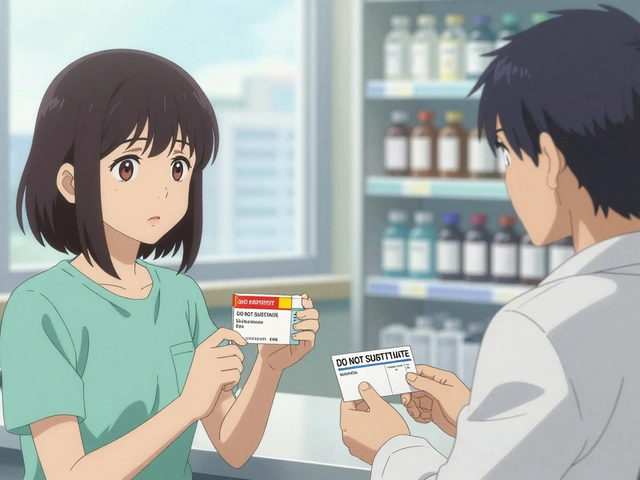Blood pressure medication side effects: quick guide for patients
Taking pills to control high blood pressure helps prevent heart attacks and strokes, but every medicine can cause side effects. This page explains common problems by drug type, what to watch for, and simple steps you can take to feel better while staying safe.
Common side effects by drug type
ACE inhibitors (like lisinopril) often cause a dry cough and occasionally dizziness. If you develop swelling of the face or throat, get urgent help—it's rare but serious. ARBs (losartan, valsartan) work similarly but cause less cough; watch for lightheadedness and changes in kidney tests.
Calcium channel blockers (amlodipine, verapamil) can cause ankle swelling, flushing, headaches, or constipation. Verapamil may also slow your heartbeat—tell your doctor if you feel faint, very tired, or notice a slow pulse.
Beta-blockers (metoprolol, atenolol) can make you feel tired, colder in hands and feet, or reduce exercise capacity. They sometimes cause sleep changes and sexual side effects. Don’t stop them suddenly; stopping can worsen heart problems.
Diuretics (hydrochlorothiazide, spironolactone) increase urine output and can change your electrolytes. Thiazides may raise blood sugar or uric acid. Spironolactone can cause breast tenderness, irregular periods, or high potassium—avoid salt substitutes that contain potassium and check levels as directed.
Practical tips to reduce harm
Rise slowly from sitting to standing to avoid dizziness. Take blood pressure meds at the time your doctor suggests—sometimes taking them at night reduces side effects like dizziness during the day. Never mix grapefruit with some calcium channel blockers; it can raise drug levels.
Avoid regular use of NSAIDs (ibuprofen, naproxen) unless your doctor says okay—NSAIDs can reduce the effect of many blood pressure medicines and harm kidneys. Alcohol can increase drowsiness and lower your blood pressure too much, especially with diuretics and spironolactone. The article on spironolactone and wine on this site covers timing and warning signs.
Keep a list of all medicines, supplements, and herbal products. Many interactions come from things people assume are harmless, like potassium supplements, St. John’s wort, or excessive magnesium drinks.
Report these warning signs: fainting, chest pain, shortness of breath, sudden swelling, severe dizziness, or a new rash. For minor issues like mild fatigue, constipation, or slight cough, ask about dose adjustments or switching to another class.
Older adults often feel side effects more. If you care for an older person, monitor weight, balance, and how often they urinate. Regular lab checks (kidney function, potassium) are common with certain drugs—don’t skip them.
If side effects bother you, don’t stop medication on your own. Call your prescriber, explain what you feel, and ask about alternatives. A small change—different drug, dose timing, or simple lifestyle tweaks—often fixes the problem without risking your heart or blood vessels.
Curious if your blood pressure pills are making you anxious? Dive into how lisinopril might fuel anxiety and what medical experts know so far.
Recent-posts
Categories
Tags
- online pharmacy
- side effects
- drug interactions
- generic drugs
- online pharmacy UK
- drug safety
- opioid side effects
- pill organizer
- Tadalafil
- arthritis medication
- buy medication online
- prescription medication
- quit smoking
- motion sickness
- Sildenafil
- Vardenafil
- ED medication alternatives
- biologics
- medication safety
- generic medication prices






